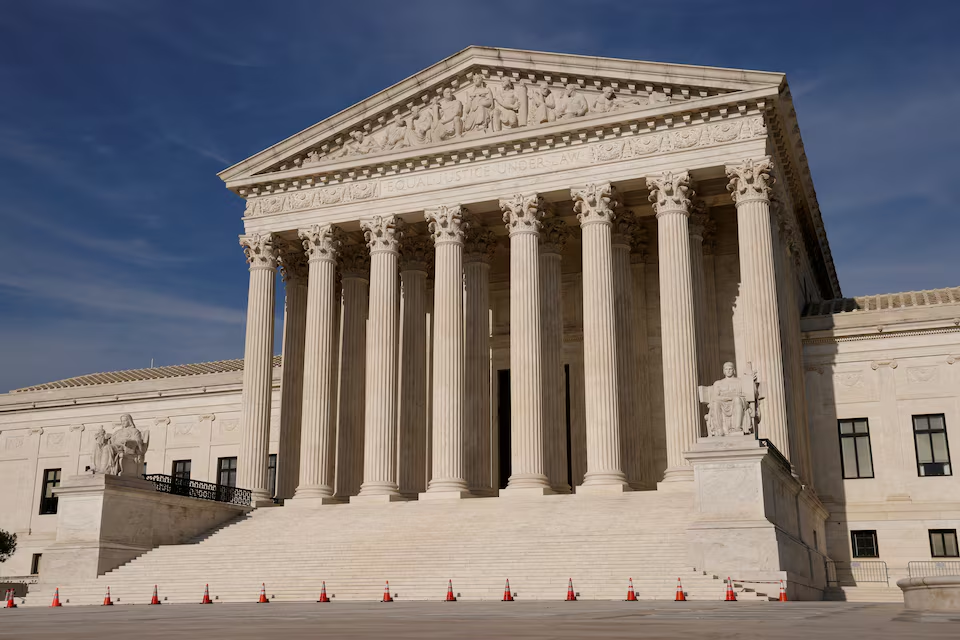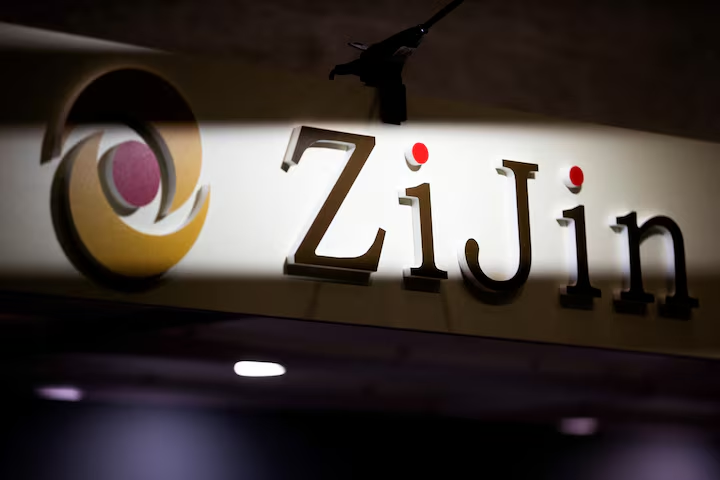A new legal battle is unfolding inside the U.S. class action world, and this time the dispute targets the very companies that manage settlement payouts. Attorney David Boies, one of the most recognizable figures in the plaintiffs’ bar, has now stepped into a clash involving accusations of secret kickbacks, improper banking arrangements, and undisclosed revenue deals that could reshape how settlement funds are handled nationwide.
The lawsuits claim that leading settlement administrators and major banks earned hidden profits from interest and digital card arrangements tied to class action payouts. For years, these companies operated behind the scenes, moving billions of dollars on behalf of plaintiffs. Now, those same operations are under heavy scrutiny.
A growing wave of lawsuits and a battle over where the cases should land
In recent months, plaintiffs’ firms filed nine federal class actions in courts from Manhattan to San Francisco and Philadelphia. The suits accuse three large settlement administrators — Epiq Solutions, Angeion Group, and JND Legal Administration — of steering settlement funds to specific banks in exchange for payments linked to interest the money generated. Western Alliance Bank and Huntington National Bank, which oversee a significant share of deposits in major settlements, also appear in the complaints.
Some filings further claim that administrators earned additional, undisclosed income through “revenue sharing” agreements tied to digital credit cards used to distribute settlement proceeds. JND denied wrongdoing, while Epiq and Angeion declined to comment. Western Alliance rejected the allegations, saying the complaints misrepresented the bank’s role.
The controversy began when plaintiffs’ lawyers noticed that some settlement accounts still carried unusually low interest rates even as national rates rose sharply in 2021. According to Boies, his firm interviewed former banking employees and uncovered schemes that allegedly diverted millions of dollars away from class members. The complaints say administrators used special purpose entities to hide the payments.
Next week, Boies and fellow plaintiffs’ lawyer Christopher Seeger will appear before the Judicial Panel on Multidistrict Litigation. The panel must decide whether to combine the cases into a single MDL and, if so, where to send them. Boies wants the litigation centralized in the Northern District of California with a narrow focus on interest-rate allegations. Seeger wants the Eastern District of Pennsylvania and argues the MDL should include both the bank-interest claims and the digital-card controversy.
The dispute gained even more attention earlier this year when questions emerged about digital-card payments tied to the $725 million Facebook privacy settlement. The judge reviewed the arrangement and allowed the payments but highlighted the need for stronger transparency.
Although defendants have not yet submitted substantive responses, many support consolidation in the Southern District of New York for convenience. Regardless of venue, the litigation could force administrators to reveal more information about how they profit from settlements. As Seeger said, the cases “have the potential to be transformative,” especially for an industry that has operated with little public visibility.
The outcome could reshape a deeply embedded but often unseen part of the legal economy — one that handles massive sums long before class members ever receive their checks.








